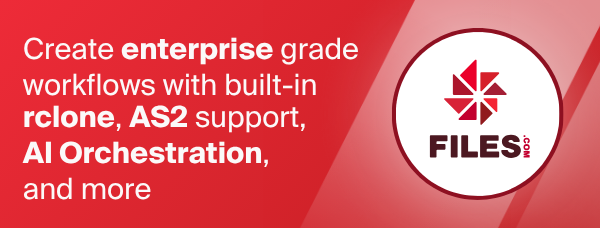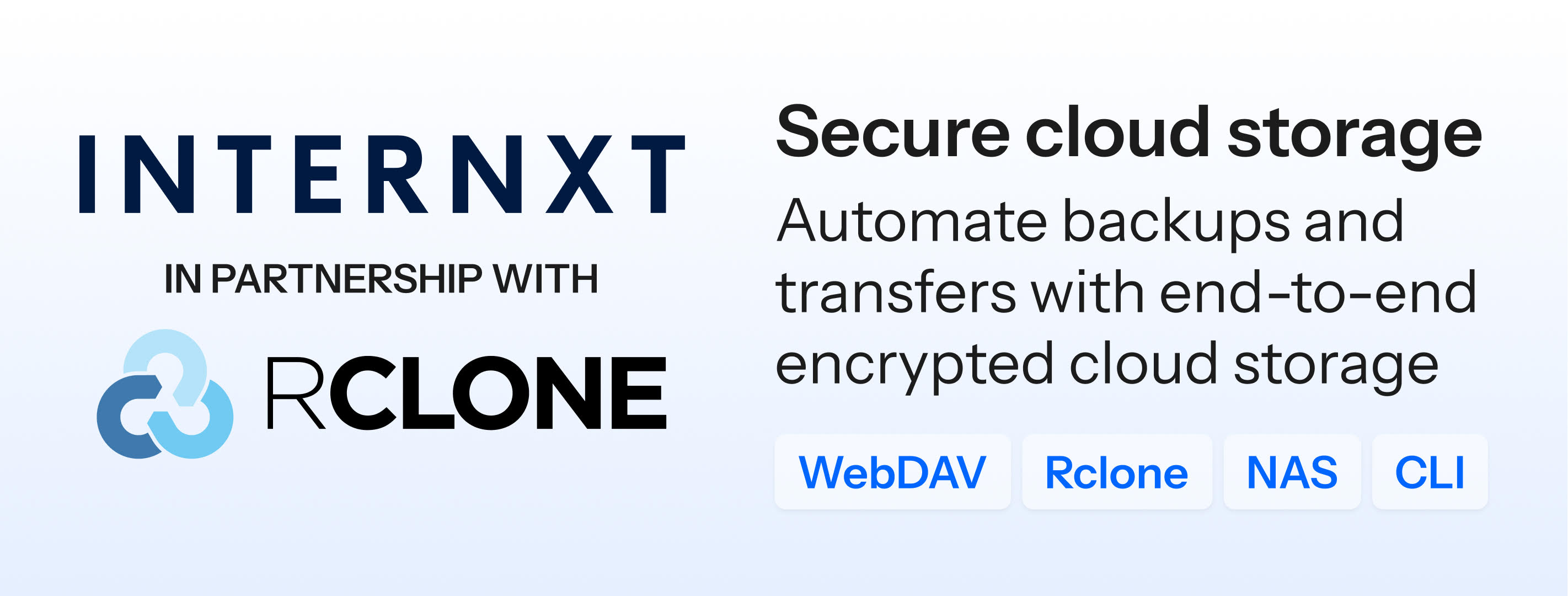premiumize.me
Paths are specified as remote:path
Paths may be as deep as required, e.g. remote:directory/subdirectory.
Configuration
The initial setup for premiumize.me involves getting a
token from premiumize.me which you need to do in your browser. rclone config
walks you through it.
Here is an example of how to make a remote called remote. First run:
rclone config
This will guide you through an interactive setup process:
No remotes found, make a new one?
n) New remote
s) Set configuration password
q) Quit config
n/s/q> n
name> remote
Type of storage to configure.
Enter a string value. Press Enter for the default ("").
Choose a number from below, or type in your own value
[snip]
XX / premiumize.me
\ "premiumizeme"
[snip]
Storage> premiumizeme
** See help for premiumizeme backend at: https://rclone.org/premiumizeme/ **
Remote config
Use web browser to automatically authenticate rclone with remote?
* Say Y if the machine running rclone has a web browser you can use
* Say N if running rclone on a (remote) machine without web browser access
If not sure try Y. If Y failed, try N.
y) Yes
n) No
y/n> y
If your browser doesn't open automatically go to the following link: http://127.0.0.1:53682/auth
Log in and authorize rclone for access
Waiting for code...
Got code
Configuration complete.
Options:
- type: premiumizeme
- token: {"access_token":"XXX","token_type":"Bearer","refresh_token":"XXX","expiry":"2029-08-07T18:44:15.548915378+01:00"}
Keep this "remote" remote?
y) Yes this is OK
e) Edit this remote
d) Delete this remote
y/e/d>
See the remote setup docs for how to set it up on a machine without an internet-connected web browser available.
Note that rclone runs a webserver on your local machine to collect the
token as returned from premiumize.me. This only runs from the moment it opens
your browser to the moment you get back the verification code. This
is on http://127.0.0.1:53682/ and this it may require you to unblock
it temporarily if you are running a host firewall.
Once configured you can then use rclone like this (replace remote with the
name you gave your remote):
List directories in top level of your premiumize.me
rclone lsd remote:
List all the files in your premiumize.me
rclone ls remote:
To copy a local directory to an premiumize.me directory called backup
rclone copy /home/source remote:backup
Modification times and hashes
premiumize.me does not support modification times or hashes, therefore
syncing will default to --size-only checking. Note that using
--update will work.
Restricted filename characters
In addition to the default restricted characters set the following characters are also replaced:
| Character | Value | Replacement |
|---|---|---|
| \ | 0x5C | \ |
| " | 0x22 | " |
Invalid UTF-8 bytes will also be replaced, as they can't be used in JSON strings.
Standard options
Here are the Standard options specific to premiumizeme (premiumize.me).
--premiumizeme-client-id
OAuth Client Id.
Leave blank normally.
Properties:
- Config: client_id
- Env Var: RCLONE_PREMIUMIZEME_CLIENT_ID
- Type: string
- Required: false
--premiumizeme-client-secret
OAuth Client Secret.
Leave blank normally.
Properties:
- Config: client_secret
- Env Var: RCLONE_PREMIUMIZEME_CLIENT_SECRET
- Type: string
- Required: false
--premiumizeme-api-key
API Key.
This is not normally used - use oauth instead.
Properties:
- Config: api_key
- Env Var: RCLONE_PREMIUMIZEME_API_KEY
- Type: string
- Required: false
Advanced options
Here are the Advanced options specific to premiumizeme (premiumize.me).
--premiumizeme-token
OAuth Access Token as a JSON blob.
Properties:
- Config: token
- Env Var: RCLONE_PREMIUMIZEME_TOKEN
- Type: string
- Required: false
--premiumizeme-auth-url
Auth server URL.
Leave blank to use the provider defaults.
Properties:
- Config: auth_url
- Env Var: RCLONE_PREMIUMIZEME_AUTH_URL
- Type: string
- Required: false
--premiumizeme-token-url
Token server url.
Leave blank to use the provider defaults.
Properties:
- Config: token_url
- Env Var: RCLONE_PREMIUMIZEME_TOKEN_URL
- Type: string
- Required: false
--premiumizeme-client-credentials
Use client credentials OAuth flow.
This will use the OAUTH2 client Credentials Flow as described in RFC 6749.
Note that this option is NOT supported by all backends.
Properties:
- Config: client_credentials
- Env Var: RCLONE_PREMIUMIZEME_CLIENT_CREDENTIALS
- Type: bool
- Default: false
--premiumizeme-encoding
The encoding for the backend.
See the encoding section in the overview for more info.
Properties:
- Config: encoding
- Env Var: RCLONE_PREMIUMIZEME_ENCODING
- Type: Encoding
- Default: Slash,DoubleQuote,BackSlash,Del,Ctl,InvalidUtf8,Dot
--premiumizeme-description
Description of the remote.
Properties:
- Config: description
- Env Var: RCLONE_PREMIUMIZEME_DESCRIPTION
- Type: string
- Required: false
Limitations
Note that premiumize.me is case insensitive so you can't have a file called "Hello.doc" and one called "hello.doc".
premiumize.me file names can't have the \ or " characters in.
rclone maps these to and from an identical looking unicode equivalents
\ and "
premiumize.me only supports filenames up to 255 characters in length.



